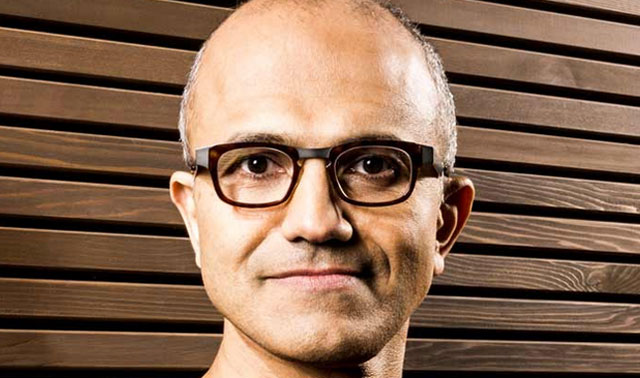
A Johannesburg start-up, e-Mbizo Solutions, reckons there’s money to be made providing Internet access in South Africa’s underserviced areas, including rural parts of the country, using Wi-Fi technology.
e-Mbizo is providing free Wi-Fi — with a bandwidth limit of 250MB/day — to people living in townships as well as outlying areas in Gauteng. The company makes money by selling uncapped access at R10/day.
“We started the company on the premise of providing free or highly affordable Internet services by building a homogenous wireless network across different townships and rural areas,” says CEO Thabo Malebadi.
e-Mbizo is run by Malebadi, along with his father Joseph Malebadi and partner Chris Reynolds. Thabo Malebadi studied IT at the Tshwane University of Technology and business management through Unisa. His dad, an electrical engineer, serves as chairman and provides strategic input and marketing, while Reynolds, who has funded a large part of the infrastructure cost so far, serves as chief financial officer.
The company has secured deals with partners to allow it to offer bandwidth at low prices. “e-Mbizo continues to look for partnerships with different stakeholders to fund the project,” says Malebadi.
The company does its own network planning, installations and network maintenance. The network already covers parts of Tembisa, KwaMhlanga, Vezubuhle, Verena, Seabe, Soshanguve, Marapyane, Vaalbank, Siyabuswa, Kwaggafontein and Moutse. The areas span three provinces — Gauteng, Mpumalanga and Limpopo.
The Wi-Fi network serves about 3 000 users on a daily basis, with a high of 20 000 people using it last month.
He decided to focus on the areas he has because, despite the fact that there is widespread coverage by mobile operators, their data services are expensive for ordinary South Africans, he says. Also, the mobile networks in these areas tend to be of lower quality compared to the main urban centres.
“People have expressed dissatisfaction about the manner the networks have exploited these communities, which are predominantly prepaid, therefore presenting a low-risk market opportunity,” says Malebadi.
“With all these benefits, the incumbents are doing little if anything to empower these communities. We have all come across complaints in one form or another about the poor service that the existing networks provide their subscribers. Generally the lower the living standards measure, the poorer the service.”
Users of e-Mbizo’s Wi-Fi network can connect to the free but limited Internet service, which is capped at 250MB/day. They also have the option of a paid service, where R10 vouchers can be purchased granting users access to uncapped Internet for a day.
e-Mbizo provides free Wi-Fi to more than 30 schools in Tembisa, and plans to hook up at least 220 more schools with access to the Internet in Mpumalanga and Limpopo, offering them e-learning materials.
“We have embarked on various skills development initiatives where basic computer skills are provided to the youth,” says Malebadi. Advanced skills, including programming in C#, Java and SAP, also form part of the company’s skills and development programmes.
Malebadi says e-Mbizo also works with entrepreneurs on the ground to provide skills development, sales and technical support for customers.
“e-Mbizo has established a partnership with the Ekurhuleni metropolitan municipality’s economic development department that aims to uplift the community and establish sustainable business models from which entrepreneurs can benefit.” — (c) 2014 NewsCentral Media

